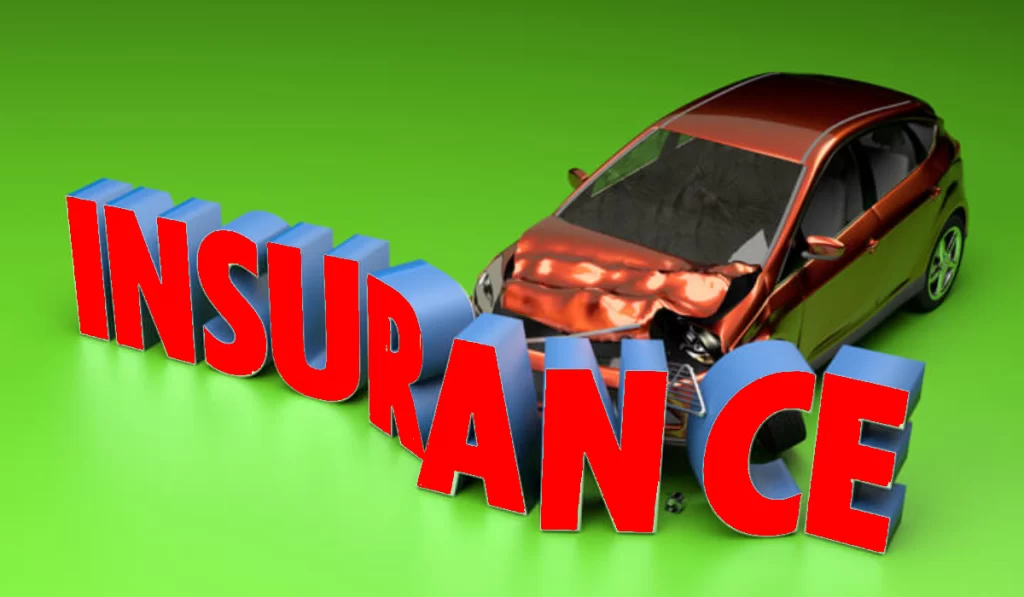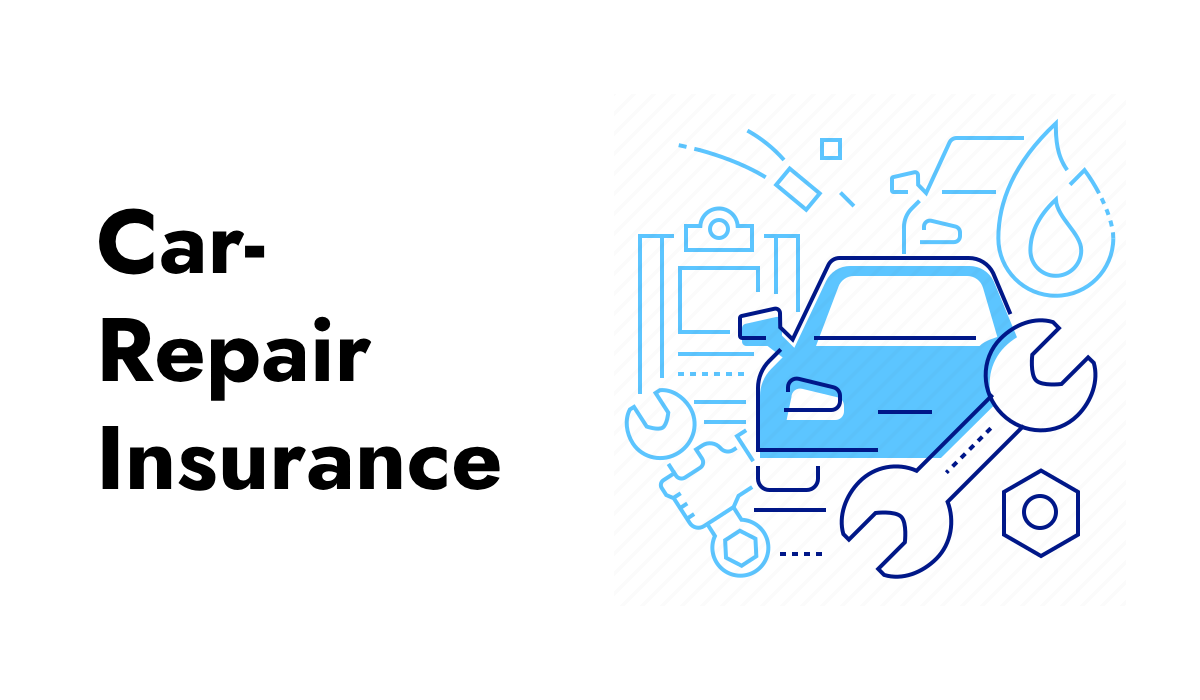Discover if car repair insurance is worth it, exploring benefits, costs, and coverage to help you make an informed decision. If your automobile experiences a technical failure, such as a blown gasket or a malfunctioning electrical system, your auto insurance coverage will not cover the cost of repairs. A normal auto insurance policy only covers car accidents caused by you and, if you have collision and comprehensive insurance, other particular concerns like a car fire or vehicle theft.
If you want coverage for mechanical difficulties, look into car repair insurance, sometimes known as “mechanical breakdown insurance.” This covers repairs if your car has mechanical or electrical issues. automobile repair insurance is comparable to an extended automobile warranty, with the main distinction being that you purchase it from an insurance provider.
Related: Best Car Insurance for Teens of July 2024
What does car repair insurance cover?
Mechanical breakdown insurance normally covers the following issues, which vary by car insurance company:
- Air conditioning
- Brake system
- Convenience technologies (including convertible top, keyless entry, and sunroof)
- Cooling and heating systems
- Drive axle
- Electrical systems (including the automobile’s computer)
- Engine Exhaust
- Fuel systems
- Safety technologies (such as blind sport awareness systems and cameras)
- Steering components
- The suspension systems
- Transmission
If you file a claim under mechanical breakdown insurance, you will usually be required to pay a deductible. A deductible is the amount deducted from a claim payout. For example, if you have a $250 deductible and a $1,000 car repair insurance claim, your insurance company will pay you $750.
Are You Aiming to Get Insured?

- Certified pre-approval Process
- Online Application Available 24/7
4.3
editorial team. We score based on factors
that are helpful for consumers, such as
how it affects credit scores, the rates and
fees charged, the customer experience,
and responsible lending practices.
What is not covered by car repair insurance?
Mechanical breakdown insurance often excludes the following products and damages:
- Corrosion and rust
- Damage caused by improper maintenance, such as irregular oil changes or using the incorrect type of fuel.
- Damage from a vehicle accident
- non-mechanical things, such as automobile trim and molding.
- Normal wear and tear, such as worn brake pads and tires.
- Parts or items subject to a recall
- Parts or accessories covered under a voluntary manufacturer repair program
- Parts or accessories covered under your automobile warranty
- Pre-existing harm before purchasing the insurance
- Routine maintenance includes engine tune-ups, oil changes, suspension adjustment, tire rotation, and wheel balance.
Is My Vehicle Eligible for Car Repair Insurance?

Eligibility for mechanical breakdown insurance is often determined by the vehicle’s age and mileage, as well as the insurance company’s criteria.
For example, Geico offers mechanical breakdown insurance for new or leased vehicles that are less than 15 months old and have less than 15,000 miles. Once you have coverage, you can renew it for up to seven years or 100,000 miles, whichever comes first.
A automobile repair insurance coverage with National General Insurance has stringent regulations. A policy we looked at provided mechanical breakdown insurance for vehicles from the current model year and seven years prior with an odometer reading of fewer than 72,001 miles. However, there was a catch: When it comes time to renew the policy, if your automobile has more than 72,001 miles or is expected to exceed that number, mechanical breakdown insurance will be eliminated.
Another unusual mileage regulation in the National General Insurance policy is that if your odometer reading reaches 90,000 miles during the policy period, you will not be covered for any subsequent losses, and mechanical breakdown coverage will be revoked. For example, if you get mechanical breakdown insurance for a car with 65,000 miles and add 25,000 miles throughout the policy period, you would lose car repair coverage once you reach 90,000 miles.
Your auto insurance carrier may have additional eligibility restrictions.
Certain types of vehicles may be excluded from mechanical breakdown insurance. Your car insurance company will have a list of vehicles that are either eligible or not covered.
Some insurers who provide car repair insurance include:
- Allstate
- Geico
- Mercury
- Progressive


 Read More
Read More 




